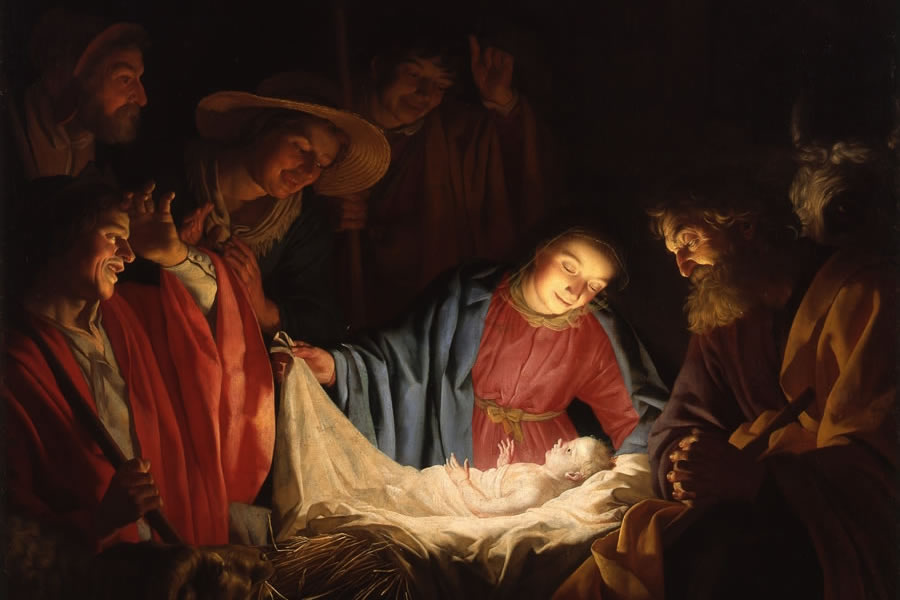
Infancy Narratives
12-26-2021Pastoral ReflectionsRev. Brian F. ManningThe section of Luke which we read today comes from a section often called the "Prologue" because the first two chapters of Luke deal with the earliest days of the life of Jesus. They are in a sense the stories before the great story of the Life and Ministry of Jesus Christ. In fact, they are often called "the Infancy
Narratives". Luke is telling stories that may not be always historical in nature or definition, but actually provide theological insight for us for his later Gospel stories about Jesus in His Ministry. The issue of historical is a modern-day issue; the people who heard or read the Gospel of Luke way back in time did not concern themselves with that issue, but instead always asked what insight or greater truth is in the story. We are much more literal today and thus often miss the beauty and richness of a story of then, or even now. With our more limited mindset we often miss the point because we cannot recognize signs and symbols in literature.
The main point of this passage is that Jesus said He "had to be" in his Father's house. Luke often used this expression of "had to be" to get us to think about the destiny of Jesus and God's saving plan for Him and ourselves. We learn in this story that Jesus shows that his special relationship to God as his Father is a special relationship that surpasses any human ties even to His mother Mary or to Joseph. The identity of Jesus is a transcendent identity from the beginning. We hear that Jesus was drawn to the temple, to his "Father's house," and that this scene will take on a greater meaning much later in the Gospel when Jesus tells the story of Jesus great journey to Jerusalem and the events which then
occurred. His identity and his mission are both foreshadowed in this scene as he "preaches" in the temple.
When we hear the stories of the younger years of Jesus they are meant to add a depth of understanding for us about his great Mission, of His Death, and Resurrection. In various ways throughout the Infancy Narratives we are to remember to challenge ourselves that our faith does not stay at the level of "infancy narratives" or childhood, but that we grow in our faith as adults.
BACK TO LIST